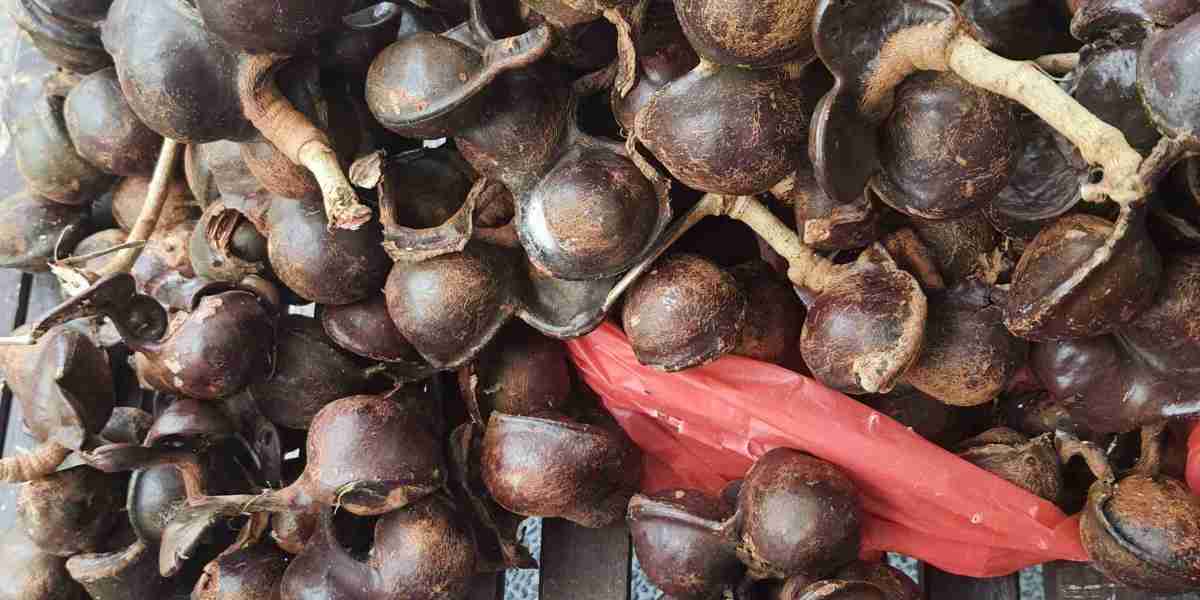.
Jering or Jengkol, scientifically known as Archidendron pauciflorum, is a tropical vegetable and fruit bearing tree native to Southeast Asia, particularly in Indonesia, Malaysia, Thailand, and the Philippines.
The tree grows up to 21 meters tall, with grayish-brown bark and small greenish-white flowers. Its leaves are compound with 4 to 8 pairs of leaflets.
The fruits, commonly referred to as Jering or Jengkol, are flat, thick, and bean-like. They are usually consumed when they are young, either raw, boiled, or roasted. They have a unique smell and pungent taste which may not be appreciated by all.
The seeds of the Jering or Jengkol tree, also known as djenkol beans, are consumed as a traditional food in many Southeast Asian cultures. However, they contain a natural toxin that, if consumed in large quantities, can cause a type of food poisoning known as djenkolism.
Jering or Jengkol is also used for medicinal purposes. It's believed to have properties that could aid in the treatment of hypertension and diabetes. They also contain several essential nutrients such as Vitamins A, B, and C, along with minerals like iron, calcium, and phosphorous.







